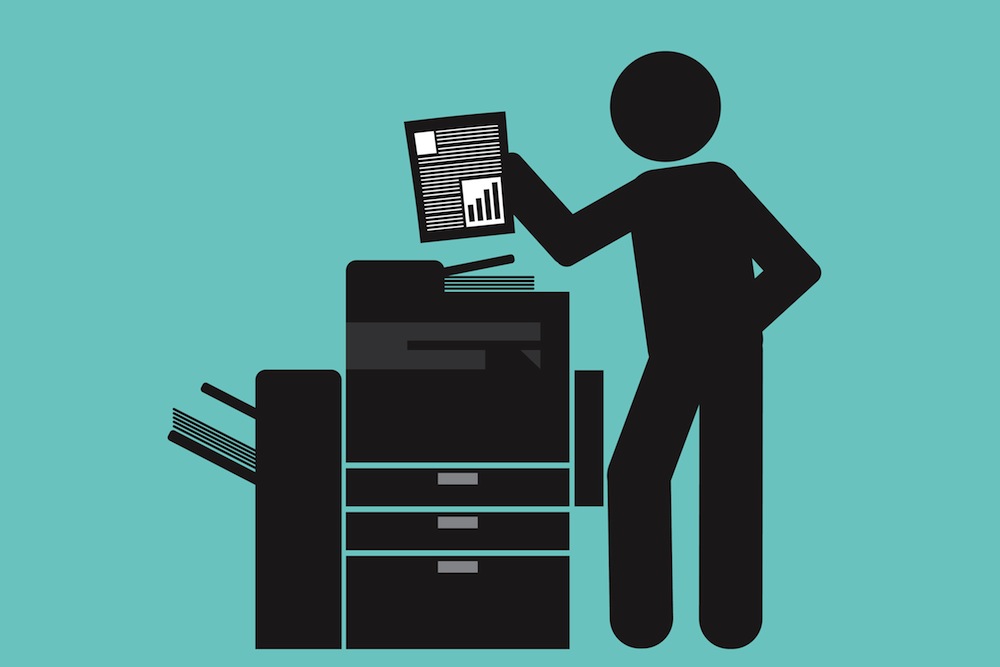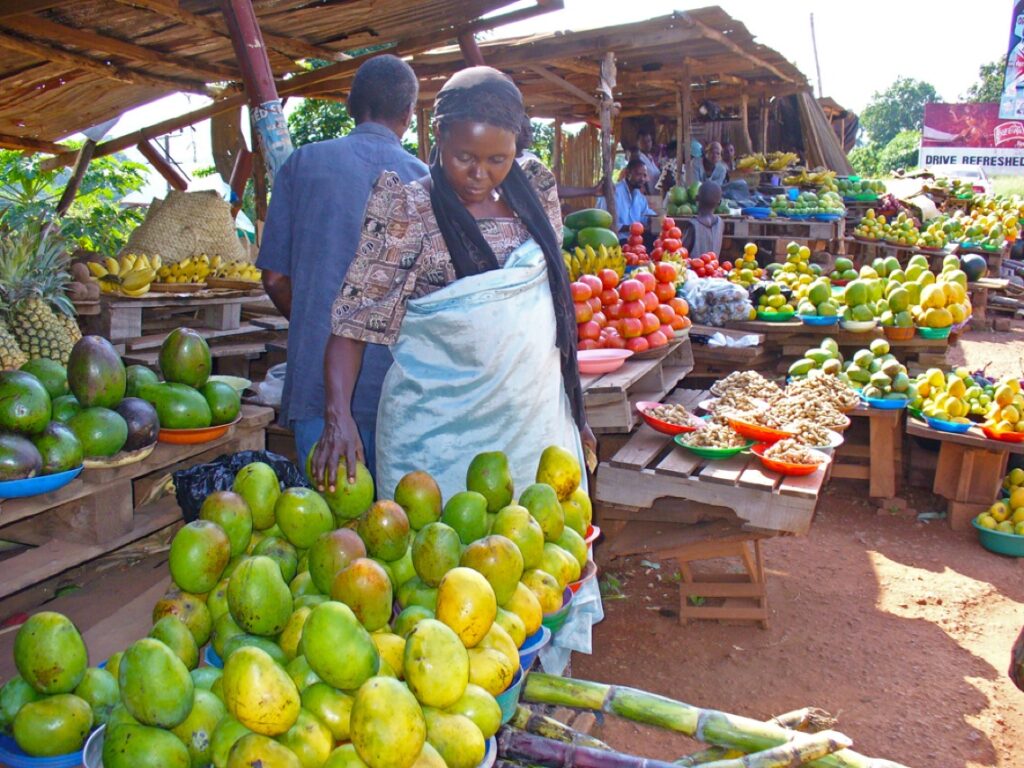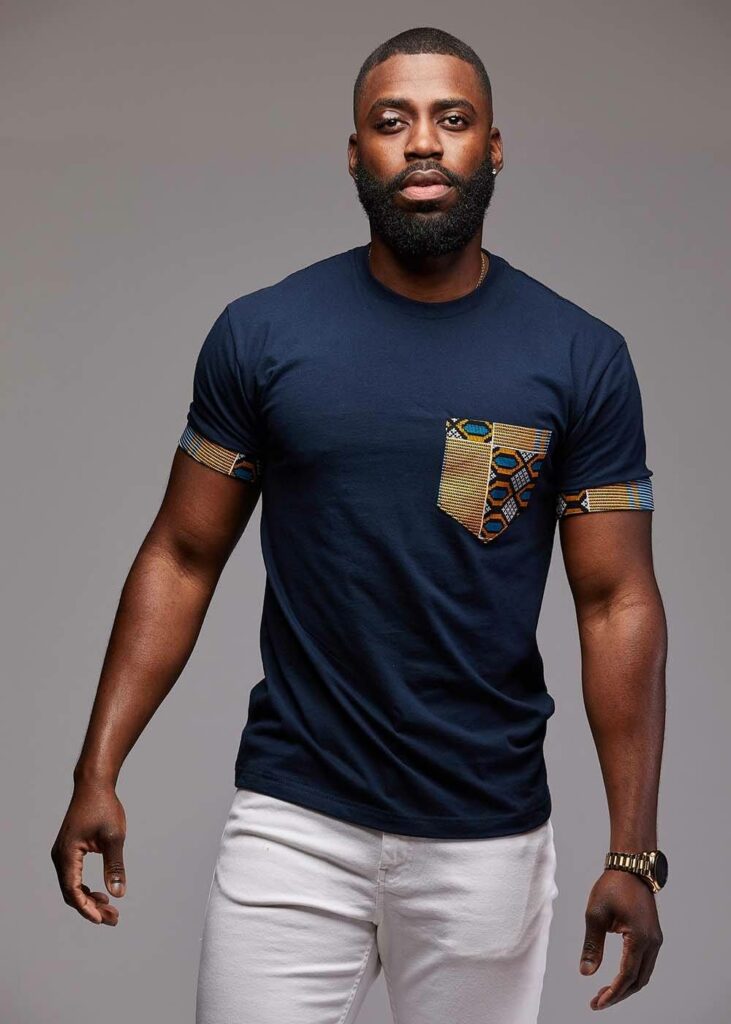
Should Africans Innovate or Copy?
As students, we are thought that innovation is the best way to build a successful startup. We must create something that does not yet exist. In reality, many successful businesses leverage innovation in a slightly different way. They take something that already exist and make a better one. In fact, if you are from some parts of Africa, “Chinese Product” is an expression used to designate copies made by Chinese companies. As we all know, China has grown into a powerhouse. This same idea is promoted in the following Harvard Business Review article: “When You Can’t Innovate, Copy” where the author calls imitation the Chinese method and encourages Africans to follow it.
“Build a better mousetrap, and the world will beat a path to your door”
Quote attributed to Ralph Waldo Emerson
Why does copying work?
Let’s start by talking a bit more about innovative companies. When you have a truly unique idea, it’s just that, unique. It often requires significant investment in R&D to make it work. Then once it works, you need to invest to help potential customer understand why they should give you money for it. On the other hand, copy-and-adapt (CA2 for short) takes an already established product and make it better. While you may still need to invest in R&D, it’s typically minimal. From a marketing view, you only need to help customers understand what makes your product better than the existing one. Often you can just point out something your product does that the existing one does not to get traction.
Why is this the right thing to do if you’re in Africa?
First off, this is not something new in the African business landscape. One needs only to go to a local market to see this in action. When one person becomes successful selling a specific produce, many other sellers setup shop next the first one selling the exact same produce.

If this works for selling fruits, why would this not work with creating high-tech products such as drones, security cameras, or even electric vehicles?
Copycats have another advantage for the African business environment. If you are familiar with video games, changes are you know of Nintendo and Sega. Nintendo dominated the US market in 1990 with up to 90% market share. That was until Sega copied its idea and made Sonic the Hedgehog. in 2016, Sega Sammy Holdings the parent company of Sega had $3.12 billion revenue. While the revenue is great for the copycat business, the advantage for the consumer is competition. In a competitive environment, price tend to drop while quality of service increases. The latter is a point of focus for African businesses that are still learning to put an emphasis on good customer service for example. Remember our market from the picture above? if you have been to one, you know that hustling and service is very often the key to helping you pick one seller over another.
What about those who say this is killing our economy?
Many claim that imitation is killing our economy. They are right that simple copy does not create enough differentiation and thus does not create value. It becomes purely buy-and-sell’am. Our recommendation however is to leverage innovation to add value to something existing. For example, one can imitate a shirt making company but add African fabric patterns and create a new style. This is what’s happening across Africa these days. We are calling it CA2 for Copy-And-Adapt.

We believe that this should be taught in schools and that our young entrepreneurs mustn’t spin their wheels trying to reinvent the wheel, but rather adapt existing wheels to the realities of Africa thus creating value. This is what the Chinese did and it worked. Once we start adapting locally, it will create jobs and the need for automation/manufacturing coupled with services.
